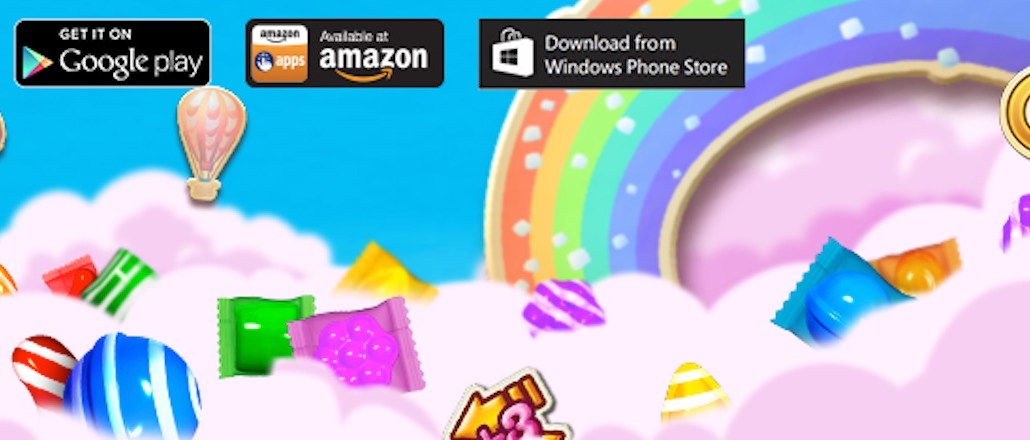Secure your place at the Digiday Publishing Summit in Vail, March 23-25

Now that Facebook has finally created a “dislike button,” it’s moving on to more pressing issues.
Like Candy Crush Saga invitations. The ubiquitous notifications from your Aunt Joan have long been a problem on the social network, constantly bothering users with the allure of a real piece of news hiding behind that tiny red notification flag and, instead, turning out to be that.
Speaking in India, where Facebook CEO Mark Zuckerberg is promoting his ambitious plans to wire the world with high speed internet, a developer asked him this: “I don’t want any more notifications to Candy Crush. How can I stop it?”
Laughing, Zuckerberg said that this has been a problem he hoped his team would have already had a solution for the flood of gaming invitations. He said the notification spam can be blamed on “outdated” tools that lets people send invitations to people who already declined the invites in the past. This needs to be eliminated.
“We hadn’t prioritized shutting that down because we just had other priorities but if this is the top thing that people care about then we’ll prioritize that and we’ll do it,” he said. “So we’re doing it.”
He didn’t elaborate further. The solution, when it does come out, applies to all games that use the platform and flood people’s notifications. That means you’re not safe either, FarmVille.
King Digital, the Candy Crush developer, told Digiday that it “currently have a comment on this.” It could be a major blow to the Irish-based company, which has made a whopping $3 billion off of Candy Crush in just three years, but there’s no price on sanity.
More in Media

Why more brands are rethinking influencer marketing with gamified micro-creator programs
Brands like Urban Outfitters and American Eagle are embracing a new, micro-creator-focused approach to influencer marketing. Why now?

WTF is pay per ‘demonstrated’ value in AI content licensing?
Publishers and tech companies are developing a “pay by demonstrated value” model in AI content licensing that ties compensation to usage.

The case for and against publisher content marketplaces
The debate isn’t whether publishers want marketplaces. It’s whether the economics support them.





